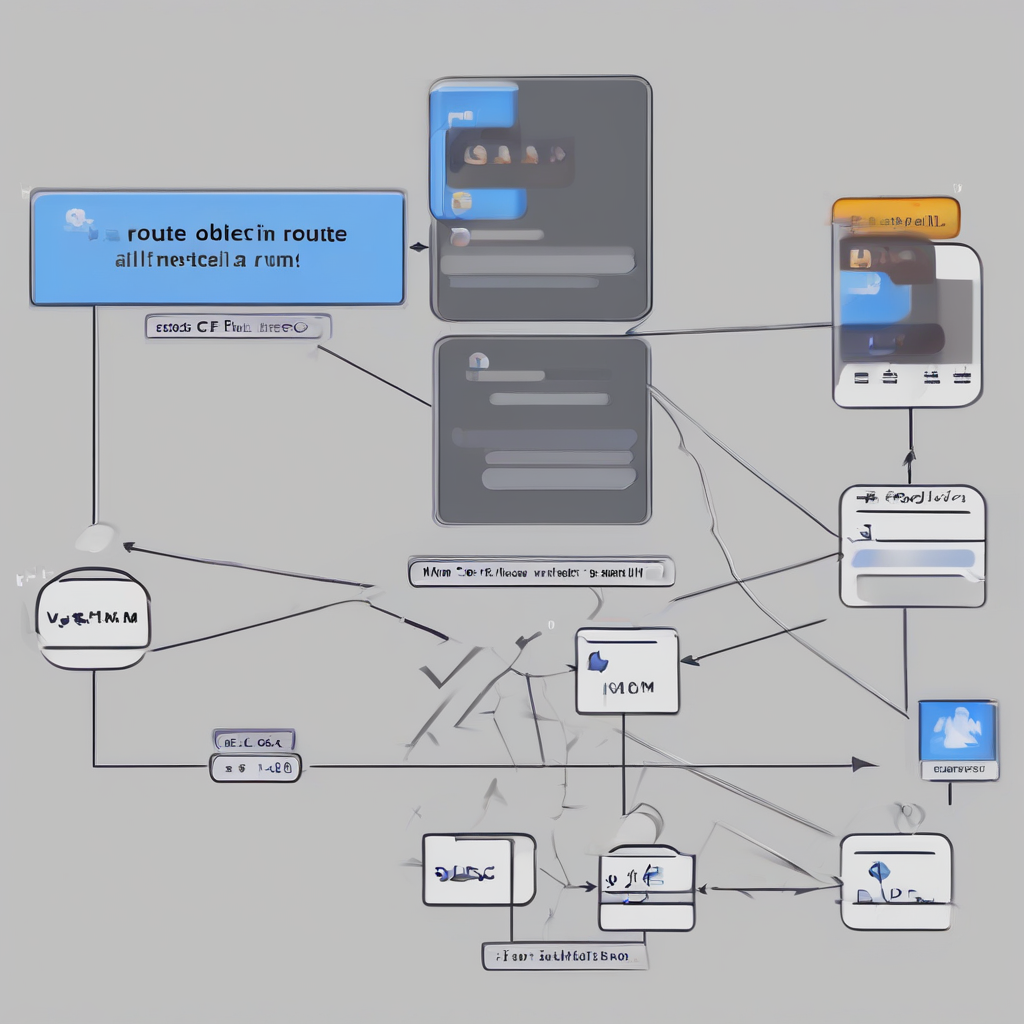Revolutionizing Construction: A Deep Dive into ERP Systems
The construction industry, known for its complexity and fragmented processes, is undergoing a significant transformation driven by the adoption of Enterprise Resource Planning (ERP) systems. These integrated software solutions are streamlining operations, improving collaboration, and ultimately boosting profitability for construction firms of all sizes. This comprehensive exploration delves into the intricacies of ERP implementation in the construction sector, examining its benefits, challenges, and future implications.
Understanding the Need for ERP in Construction
Traditional construction management often relies on disparate systems and manual processes, leading to inefficiencies and information silos. This can result in:
- Delayed Projects: Poor communication and lack of real-time data impede project timelines.
- Budget Overruns: Inaccurate cost tracking and forecasting lead to unexpected expenses.
- Material Waste: Inefficient inventory management contributes to significant material loss.
- Poor Collaboration: Disconnected teams struggle to share information effectively.
- Compliance Issues: Difficulty in adhering to regulatory requirements and safety standards.
ERP systems address these challenges by integrating various aspects of a construction project into a single, centralized platform. This unified approach fosters better communication, enhances visibility into project progress, and streamlines workflows.
Core functionalities of Construction ERP Systems
Construction-specific ERP systems offer a range of features tailored to the unique demands of the industry. These include:
1. Project Management
- Project Planning and Scheduling: Creating detailed project schedules, assigning resources, and tracking progress against milestones.
- Resource Management: Optimizing the allocation of personnel, equipment, and materials.
- Risk Management: Identifying and mitigating potential risks that could impact project delivery.
- Document Management: Centralized storage and management of all project-related documents.
2. Financial Management
- Cost Control and Budgeting: Tracking actual costs against budgeted amounts and identifying variances.
- Invoicing and Accounts Receivable: Streamlining the invoicing process and managing outstanding payments.
- Accounts Payable: Managing supplier payments and maintaining accurate records.
- Financial Reporting: Generating comprehensive financial reports for analysis and decision-making.
3. Procurement and Supply Chain Management
- Material Procurement: Managing the procurement process from requisition to delivery.
- Inventory Management: Tracking material levels and ensuring sufficient stock on hand.
- Supplier Relationship Management: Managing relationships with suppliers and negotiating favorable terms.
4. Human Resources Management
- Employee Management: Tracking employee information, timesheets, and payroll.
- Talent Acquisition: Recruiting and hiring qualified personnel.
- Training and Development: Managing employee training programs.
5. Field Service Management
- Work Order Management: Assigning and tracking work orders in the field.
- Equipment Tracking: Monitoring the location and status of equipment.
- Safety Management: Tracking safety incidents and ensuring compliance with regulations.
Benefits of Implementing ERP in Construction
The advantages of adopting an ERP system in the construction industry are numerous and far-reaching:
- Improved Project Visibility: Real-time insights into project progress, allowing for proactive issue resolution.
- Enhanced Collaboration: Improved communication and information sharing among project stakeholders.
- Reduced Costs: Optimized resource allocation, reduced material waste, and minimized project delays.
- Increased Efficiency: Streamlined workflows and automated processes lead to greater productivity.
- Better Decision-Making: Data-driven insights support informed decision-making at all levels.
- Improved Risk Management: Early identification and mitigation of potential risks.
- Enhanced Compliance: Easier adherence to regulatory requirements and safety standards.
- Improved Customer Satisfaction: On-time and on-budget project delivery leading to higher client satisfaction.
Challenges of ERP Implementation in Construction
Despite the numerous benefits, implementing an ERP system in the construction industry presents several challenges:
- High Initial Investment: The cost of purchasing and implementing an ERP system can be significant.
- Data Migration: Transferring data from legacy systems to the new ERP system can be complex and time-consuming.
- User Adoption: Training employees to use the new system effectively is crucial for successful implementation.
- Integration with Existing Systems: Integrating the ERP system with existing software solutions can be challenging.
- Customization Requirements: Construction businesses may require specific customizations to meet their unique needs.
- Change Management: Effectively managing the organizational changes associated with ERP implementation is essential.
- Lack of Skilled Resources: Finding and retaining skilled professionals to implement and manage the ERP system can be difficult.
Choosing the Right ERP System
Selecting the appropriate ERP system is a critical decision that requires careful consideration of several factors:
- Business Size and Complexity: The size and complexity of the construction firm will influence the features and functionalities required.
- Budget Constraints: The budget available for the ERP implementation will dictate the choice of system.
- Specific Industry Requirements: The system should cater to the unique needs of the construction industry.
- Integration Capabilities: The system should seamlessly integrate with existing software solutions.
- Vendor Support: Choosing a vendor with strong customer support is crucial for successful implementation and ongoing maintenance.
- Scalability: The system should be scalable to accommodate future growth and expansion.
Future Trends in Construction ERP
The construction industry is rapidly evolving, and ERP systems are adapting to meet the changing needs. Some key trends include:
- Cloud-Based ERP: Cloud-based ERP solutions offer greater flexibility, scalability, and accessibility.
- Mobile Accessibility: Accessing ERP data and functionalities through mobile devices is becoming increasingly important.
- Artificial Intelligence (AI) and Machine Learning (ML): AI and ML are being used to enhance project forecasting, risk management, and resource allocation.
- Internet of Things (IoT): Integrating IoT devices to track equipment and materials in real-time.
- Building Information Modeling (BIM) Integration: Integrating BIM data with ERP systems to improve project coordination and collaboration.
- Blockchain Technology: Enhancing transparency and security in supply chain management.
Conclusion (Omitted as per instructions)
